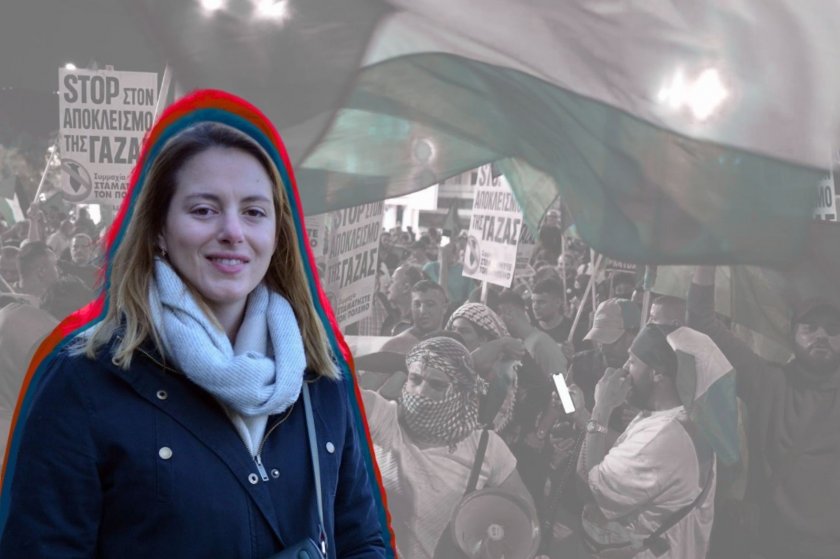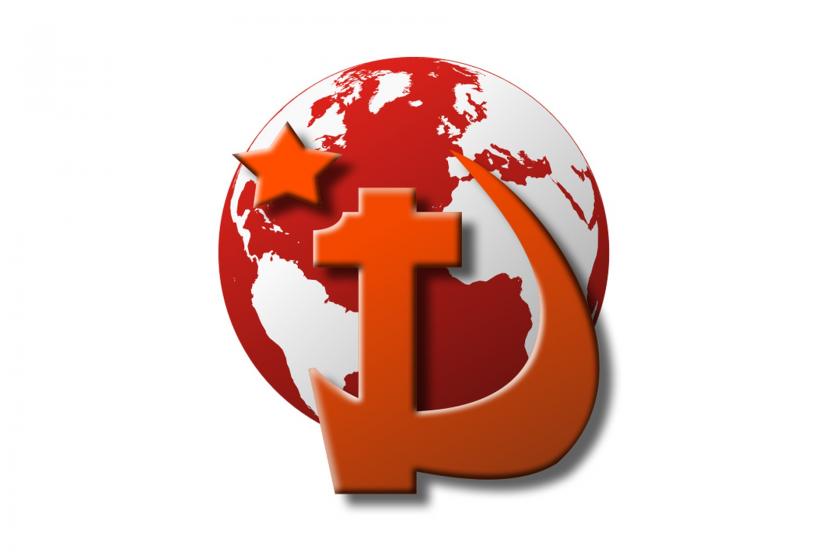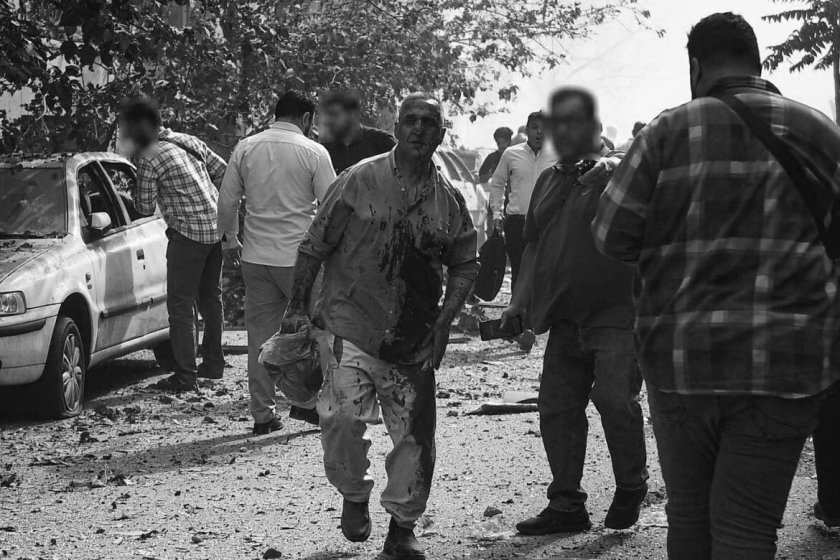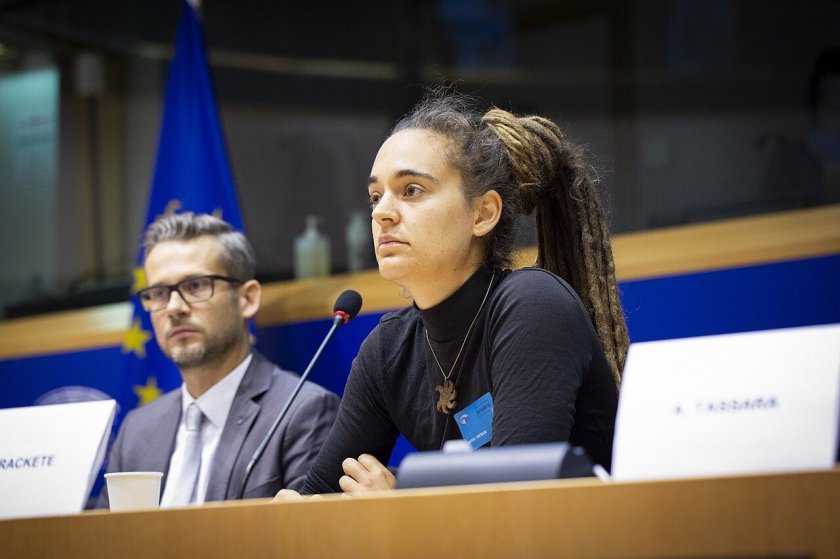Closing Kurdish parties!

Yusuf Karadaş

Fotoğraf: Evrensel
The allegation that has brought the mothers protesting in front of the HDP Diyarbakır Provincial Organization to attention and are would-be grounds for closing the HDP is that: The HDP is kidnapping children into the mountains!
In fact, the truth until today of the Kurdish parties that have operated in the legal arena since 1990 when the People’s Labour Party (HEP) was founded proves the exact opposite: These parties have, paying a very high cost, defended the cohabitation-based democratic solution of the Kurdish problem. In other words, they have not wished to take young people and kids into the mountains but to pave the way for a solution in which those in the mountains can come down and participate in democratic life.
Basically, the state’s attitude to the pro-Kurdish political movement parties from the HEP until today makes it abundantly clear who has not wanted a democratic, peaceful solution.
The HEP, the first Kurdish party to operate in the legal arena, was established in 1990. With the party’s Diyarbakır Provincial Chair Vedat Aydın being found murdered after having been taken from his home by Gendarmerie Intelligence and Counterterrorism (JİTEM) in July 1991, this came as a harbinger of the policy the state was pursuing/would pursue against Kurdish parties. Forming an alliance with the SHP in the 1991 general election, the HEP won eighteen seats and, with proceedings brought to close the party, the DEP (Democracy Party) was established in place of the HEP and its members of parliament transferred to the DEP.
The HEP was closed in September 1993 and in those same days the DEP’s Batman Member of Parliament Mehmet Sincar was murdered.
In March 1994, four of the DEP’s members of parliament (Leyla Zana, Hatip Dicle, Orhan Doğan and Selim Sadak) were stripped of their immunity and sentenced to fifteen years charged with organization membership. With proceedings brought to shut down the DEP, too, the HADEP was founded in 1994. And the DEP was closed in June 1994.
The HADEP won municipal elections in six provinces including Diyarbakır in the 1999 elections and in 2000 the Diyarbakır, Siirt and Bingöl mayors were detained and trustees appointed in their places.
The Chief of the General Staff at the time declared Kurds to be “so-called citizens” following the provocation that took place at the Newroz celebrations in Mersin in 2002. The Constitutional Court closed the HADEP in 2003.
Following the closure of the HADEP, the Kurdish political movement continued in the form of DEHAP. The DEHAP dissolved itself in 2005 with the Constitutional Court initiating closure proceedings. The DTP formed after the DEHP was closed in 2009 and the Kurdish political movement continued on its way following the DTP with first the BDP (DBP) and then the HDP.
Since the HEP until today, hundreds of administrators and members of parties representing the Kurdish political movement have been kidnapped and murdered, and thousands have been detained. Members of parliament and mayors have been ousted from their posts and imprisoned. Despite this, the Kurdish parties have remained insistent on a democratic, peaceful solution in the legal arena.
The events following Demirtaş’s outburst aimed at Erdoğan, “We won’t make you president” during the 7 June 2015 elections and the AKP’s loss of its overall majority are known. Demirtaş, whose release order has yet to be executed, and thousands of HDP people currently continue to be held in jail.
The truth this overview of the parties representing the Kurdish political movement shows us is that the Kurdish political movement has continued/continues to engage in politics which court a democratic, peaceful solution in the legal arena despite all the state’s oppression that goes as far as detention, murder and party closure.
Hence, even if the HDP is closed today, second sight is not needed to say that the Kurdish political movement will continue this democratic experience it has built up in another party.
So, despite this, why does the ruling party want to pressurize the HDP with closure?
A number of reasons can be cited as to why the single-man rule wishes to eliminate the conditions for the HDP to engage in politics.
The first of these to come to mind is the single-man rule’s desire to extract vengeance for the strategy that the HDP put into play in the 31 March local elections and that ensured the AKP lost the large majority of metropolitan cities.
Another important reason is the inability for the ruling party’s attempted intervention against the Kurds east of the Euphrates, whom it sees as being a threat in terms of the policies it is implementing domestically in the Kurdish problem, to achieve its aim. The ruling party is trying to offset its lack of success of its intervention endeavours here by escalating its policies of oppression and liquidation targeting the Kurds in the country.
Finally, the wish to clamp down on the HDP through closure by implicating it with terrorism should not be thought of independently of calculations surrounding general elections, either, because, by closing the HDP the aim is, even if a new party is formed, to keep this party in a position in which it will not garner the support the HDP previously did and so will be constrained and remain below the threshold. On the other hand, considering that the CHP has adopted a wavering position until now regarding this policy when forced to come out with a clear position, the calculation is that an intervention of this kind will cause the atmosphere that formed in the local elections to dispel.
Against such a backdrop, the HDP facing a clampdown by being implicated with terrorism and the threat of closure acquires meaning as a policy tabled to keep the single-man rule standing. Consequently, everyone who claims to be opposed to the single-man rule dragging the country into an even darker future has no other course of action open to them apart from coming out in clear opposition to such an endeavour. For it must not be forgotten that if this policy of the ruling party achieves its goal, this will be the loss, not just of the Kurds, but of all who wish for democracy and peace in this country.
(Translated by Tim DRAYTON)
{{386490}}
Forwarding to the next article...
10 seconds remaining






Follow Evrensel